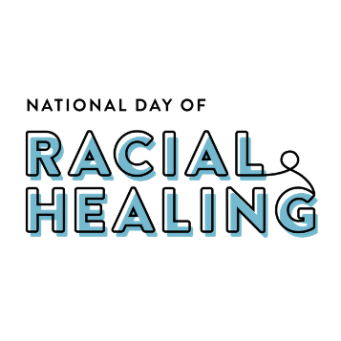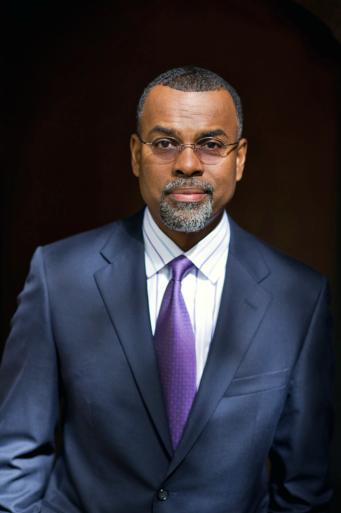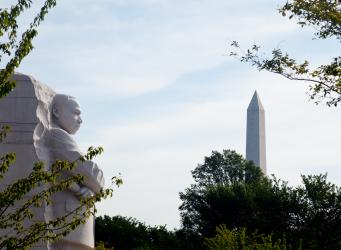Latest NewsMore News
Ohio Philanthropy News - March 28, 2025
As part of a $70M gift to the Ohio University Heritage College of Osteopathic Medicine, the Osteopathic Heritage Foundation committed up to $25M in scholarships for high-need
How Ohio Gives
Ohio has a strong tradition of charitable giving, starting with the creation of the first community foundation in the world as well as thousands of private foundations, federated


